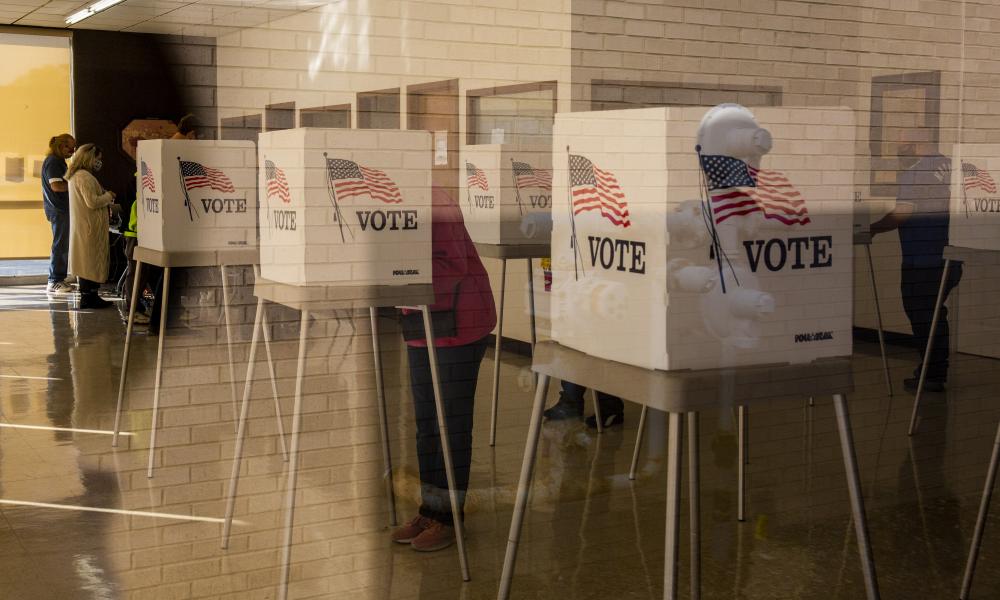A recent ruling by a federal judge has upheld Iowa’s efforts to challenge the validity of numerous ballots linked to potential noncitizens. This decision, rendered by U.S. District Judge Stephen Locher, allows the state to continue its scrutiny amid concerns that such measures could disenfranchise recently naturalized citizens. The legal battle emerged from a lawsuit initiated by the American Civil Liberties Union (ACLU) on behalf of Iowa’s Latino community and four newly naturalized citizens who were flagged by local election officials as having questionable registrations. Critics argue that these actions could endanger the voting rights of eligible citizens, while state officials contend that removing names from the voter rolls is crucial to safeguarding election integrity.
State officials, including Iowa’s Republican attorney general and secretary of state, argue that identifying and potentially removing around 2,000 names from the voter rolls aligns with broader Republican-led national initiatives to prevent noncitizen voting, an issue frequently raised by former President Donald Trump despite limited supporting evidence. Judge Locher’s decision referenced a recent U.S. Supreme Court ruling that allowed Virginia to resume similar purges of its voter registration rolls, lending credence to Iowa’s actions in the eyes of the state’s officials.
Locher, appointed by President Biden, added that Iowa’s procedural approach does not eliminate individuals from the voter rolls outright but rather necessitates that some voters cast provisional ballots. This distinction is significant, given the political tensions surrounding voter registrations and the scrutiny of electoral integrity in the United States. Iowa Governor Kim Reynolds celebrated the ruling as a victory for election integrity, asserting that the state is committed to ensuring that each vote cast by a citizen is not undermined by an illegal vote from a noncitizen.
Conversely, Rita Bettis Austen, ACLU of Iowa’s legal director, expressed disappointment, outlining fears that the ruling could lead to the disenfranchisement of eligible voters, particularly those who have become citizens in recent years. Secretary of State Paul Pate and Attorney General Brenna Bird noted that there are approximately 250 noncitizens on Iowa’s voter rolls, with claims that the Biden administration has not provided necessary information regarding these individuals. They are relying on lists generated by the Iowa Department of Transportation to identify potential noncitizens.
The ruling is notably in contrast to a federal ruling that halted similar practices in Alabama due to challenges from civil rights organizations and the Department of Justice. That particular case revealed that many individuals removed from the voter rolls were, in fact, legally registered citizens. In contrast, Judge Locher asserted that there seems to be consensus regarding the existence of names on the voter rolls that do not correspond to U.S. citizens. This ongoing contention over voter registration practices is expected to persist amid the charged political atmosphere leading up to the upcoming presidential election.
The discourse surrounding the validity of voter registrations is emblematic of the broader national debate over electoral integrity versus voter suppression, particularly as different states enact varying policies. As legal disputes unfold, concerns continue to mount over the rights of recently naturalized citizens in particular, who may be disproportionately affected by such measures. With the Iowa ruling, the narrative surrounding voting rights, election security, and the political implications of voter registration efforts remains at the forefront of national discussions as lawmakers navigate the complexities of electoral law and the pursuit of fair representation.

